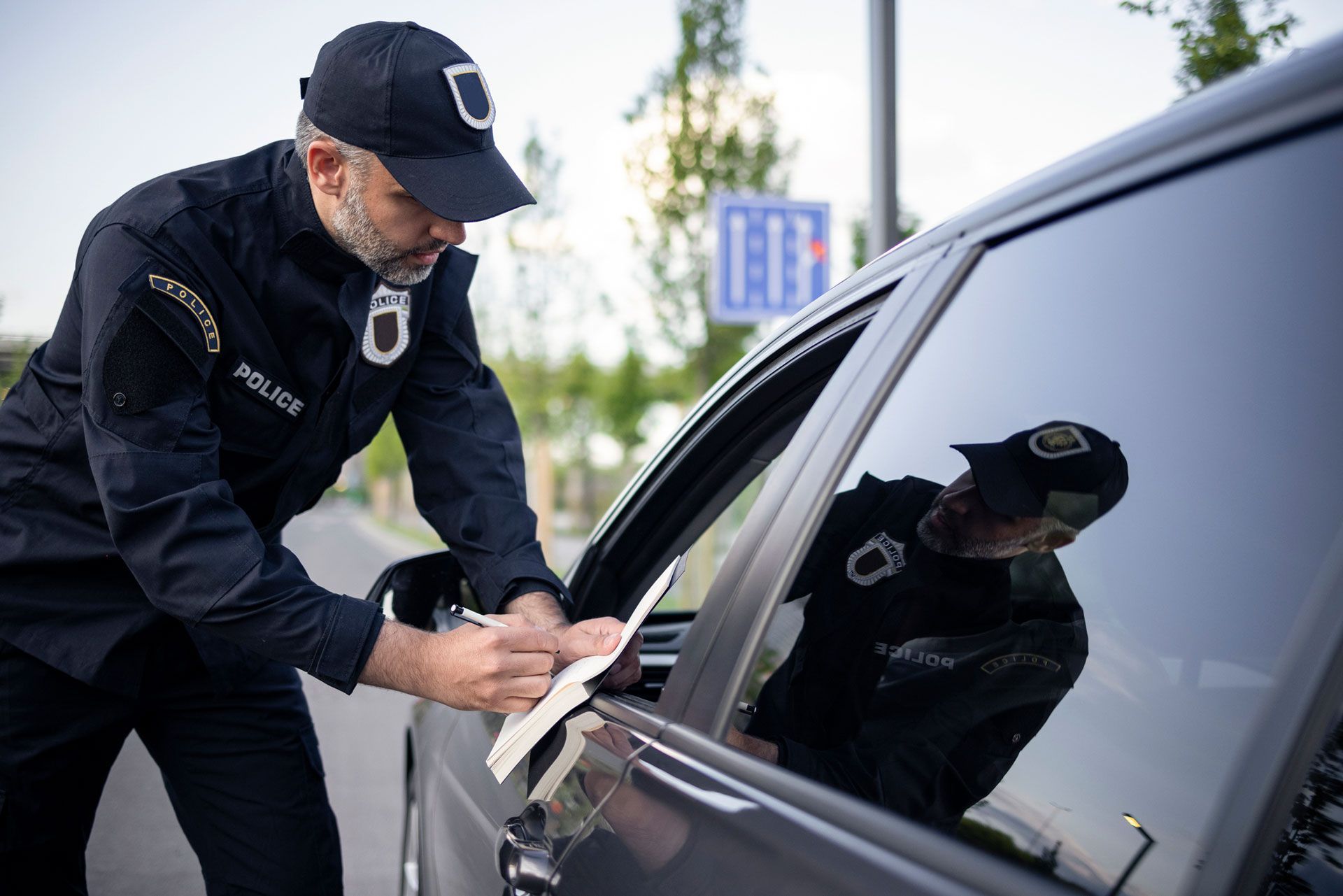
The Wisconsin Supreme Court has been reducing or eliminating citizens’ protections under the Fourth Amendment in recent years. In one case, the Court greatly expanded what officers are allowed to do in pulling over and questioning motorists. If an officer has stopped a driver in practically any other context, they have the right to ask about weapons.
In this case, an officer pulled over John Patrick Wright because he had a defective headlight in his car. When the officer requested Wright’s identification, he also asked whether there were any weapons in the car and whether Wright had a concealed carry permit. Wright did have a weapon in his car, but his permit was not yet valid. He was charged with concealed carry of a weapon.
The Supreme Court Held that Asking Questions About Guns Was Part of the Mission of the Stop
Under Supreme Court precedent, officers cannot unlawfully extend the traffic stop beyond the reason for which it was made. Generally, the mission is for officers to issue a ticket. The appeals court had struck down Wright’s conviction under this principle.
However, a divided Wisconsin Supreme Court reversed the appellate court. According to the Court, the mission of the stop also includes asking questions incident to the stop and ensuring officer safety. Asking someone whether they have a weapon and permit would at least fulfill the mission of asking questions about the stop.
The Court explained that any type of traffic stop poses a danger to the police officer because they do not know whether the driver is armed. Wisconsin courts hold that officers may take precautions because their own life is in danger. For example, they have the right to order the driver from the car during a stop. In this case, the Court held that asking a driver about weapons is less burdensome to them than ordering them out of the car.
Wright is yet another case in which the Court seemingly sided with law enforcement in a stop that involved reasonable suspicion. The Court continues to permit officers to act broadly during traffic stops. Here, what makes this precedent difficult for drivers is that officers seemingly can ask many questions before they issue the actual traffic ticket because they have not yet completed the mission of the stop. Expect officers to expand the number of things that they do and the questions they ask when they have made routine traffic stops as the outer contours of this decision are tested.
Contact an Eau Claire Criminal Defense Attorney Today
If you have been arrested after a traffic stop, the attorneys at the Cohen Law Offices can review your case to help determine whether you have any defenses to the charge. We may even move to suppress any evidence being used against you that was improperly obtained. It is vital that you contact us for a free initial consultation. You can message us through our website or call us today at [715-382-9447].
When Results Matter Most, Call Cohen Law First.
We’re not just any law firm — we’re
Northwest Wisconsin’s trusted criminal defense powerhouse. At Cohen Law Office, criminal defense isn’t one thing we do — it’s
the only thing we do.
Focused on YOU. Fighting for YOU. Always.
Need Help After Hours? We've Got Your Back.
If you're reaching out outside of our regular business hours,
don’t worry — just
click here, and one of our dedicated team members will get in touch with you as soon as possible.

